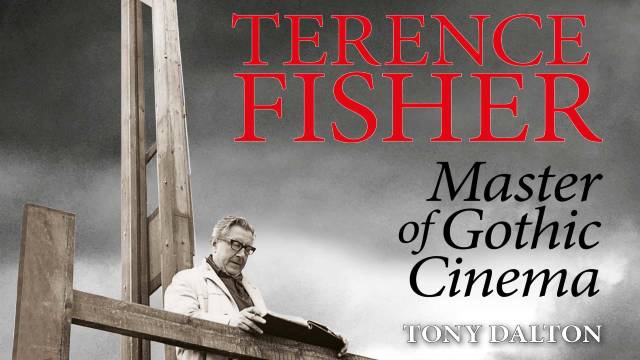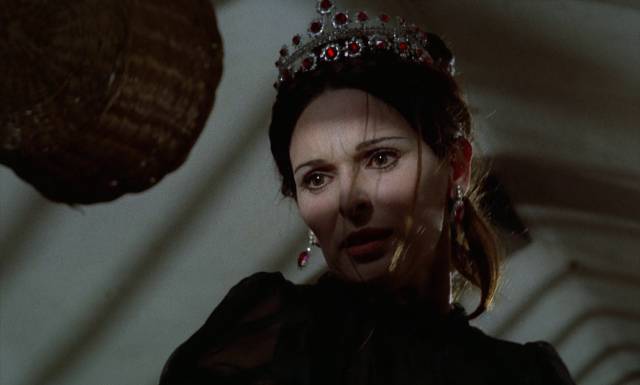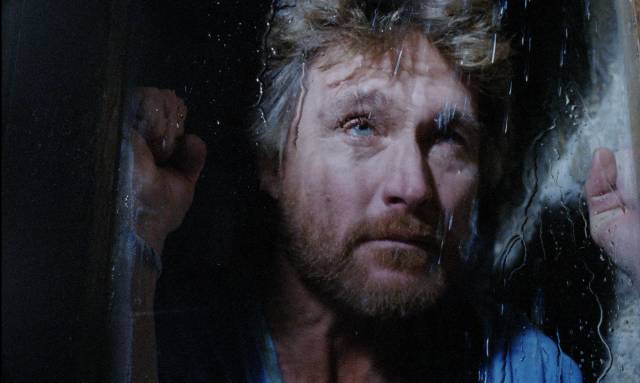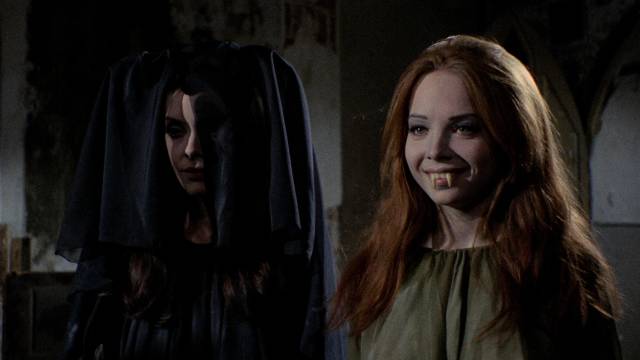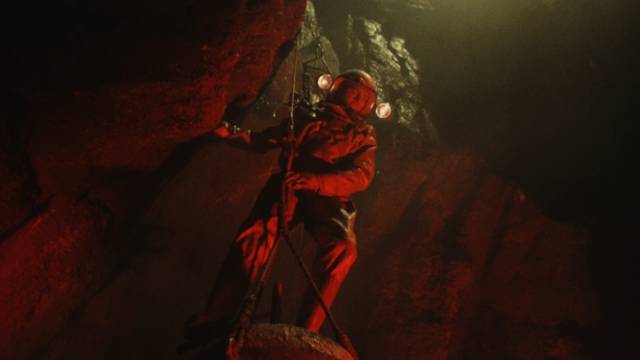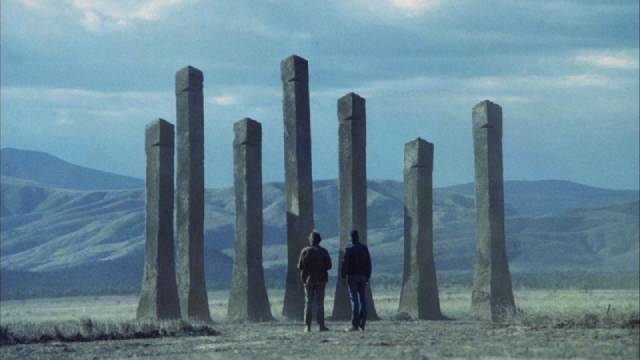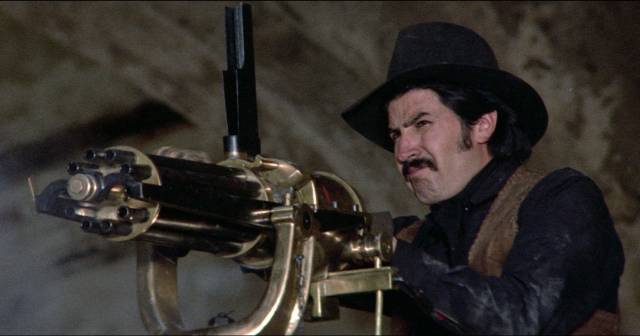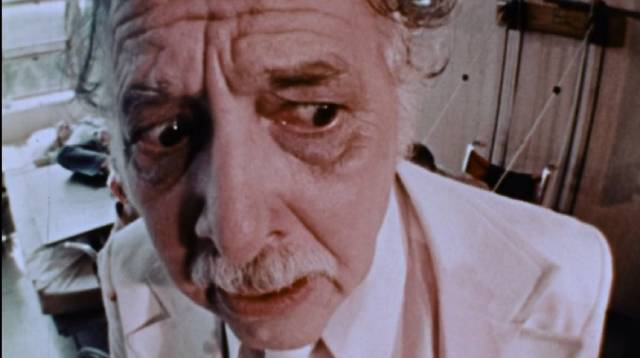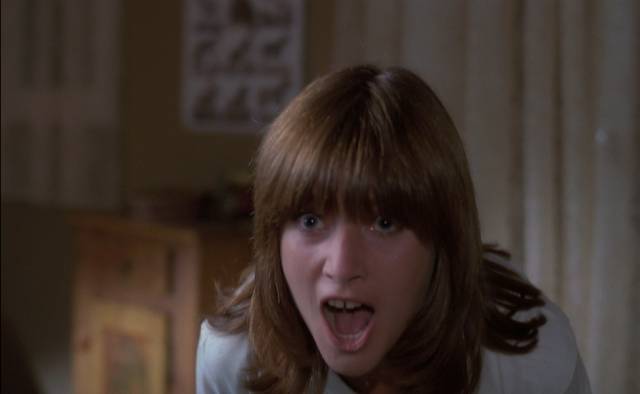
Three recent releases blend reality and fiction to explore political themes, with varying success. Alain Jessua’s Les Chiens (1978) is an allegory of Fascism, while Jean-Claude Lord’s Mindfield (1989) and Jayro Bustamante’s La llorona (2019) are both rooted in real crimes, the former turning history into pulp entertainment, the latter into a haunting exploration of national trauma.
